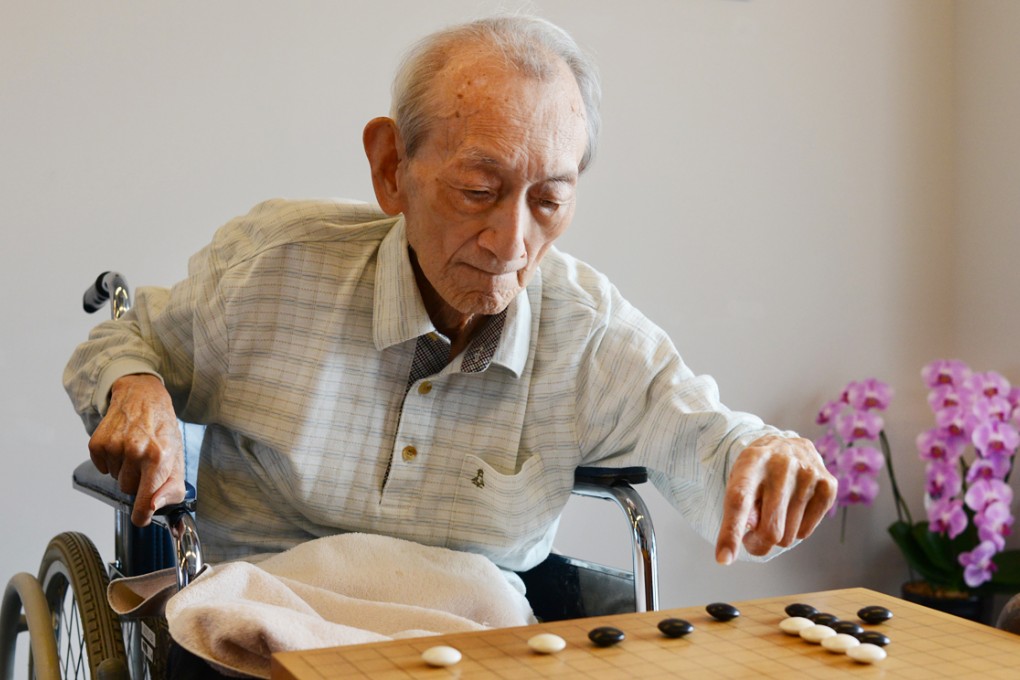New | Legendary Go grandmaster Wu Qingyuan dies at 100
The greatest player of the 20th century is credited with turning the game into a symbol of Sino-Japanese friendship

Wu Qingyuan, the Chinese-Japanese Go grandmaster, died on Sunday at a hospital in Odawara, Kanagawa prefecture, Japan. He was 100 years old.
Wu, known in Japan as Go Seigen, was widely considered the greatest Go player of the 20th century for his domination of the professional game for more than 25 years.
While his life reflected the tumultuous Sino-Japanese relationship of the past century, his legend is credited with helping to turn the game into a symbol of the countries’ friendship and cultural ties.
Peking University professor Wang Xinsheng described Wu’s life as having “reflected the war and peace between China and Japan in the past [century]”.
Wang, an expert in modern Japanese history, said that the grandmaster’s life showed the need to promote understanding and communication between the two Asian neighbours.
Born on June 12, 1914 in Fuzhou in Fujian province, Wu emerged as a prodigy at the age of seven. He moved to Japan in 1928 aged 14 at the invitation of Tsuyoshi Inukai, who later became prime minister of Japan.
Wu gained both fans and enemies as he rose to prominence as the top Go player in the world, partly by overturning the established traditions and strategies of the game.